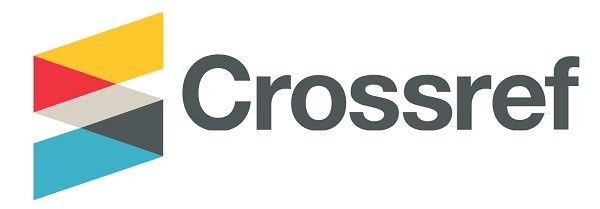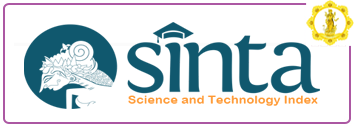IMPLEMENTASI TEORI KEBUTUHAN MASLOW DALAM PEMBELAJARAN ABAD 21: PENDEKATAN PSIKOLOGI HUMANISTIK
DOI:
https://doi.org/10.25078/sa.v5i1.4019Keywords:
Implementation, Maslow's Needs Theory, 2nd Century LearningAbstract
21st century learning is characterized by the very significant use of digital technology. 21st century learning is a more modern and innovative educational concept that focuses on developing the critical, creative and collaborative skills needed by students to succeed in today's digital and global era. 21st century learning emphasizes a more holistic and contextual approach, where students are considered as active learners who must be able to solve real-world problems and apply their knowledge in different situations. Maslow's theory of needs or also known as Maslow's hierarchy of needs is one of the most well-known psychological theories and is often used in educational contexts. Maslow's theory of needs in 21st century learning can help meet students' self-actualization needs through the development of critical, creative, and collaborative skills. In 21st century learning, students are given the opportunity to explore their interests and talents, learn from real experiences, and develop the skills they need to achieve their personal and professional goals. In this case, the 21st century learning approach emphasizes the development of interpersonal skills, such as the ability to communicate effectively, work together in teams, and develop healthy social relationships. This aligns with social needs and esteem in Maslow's theory of needs, in which individuals need positive relationships with others and recognition for their accomplishments. Maslow's theory of needs and 21st century learning has a close relationship in the educational context. By understanding students' basic needs and providing opportunities to develop the skills needed to succeed in today's digital and global era, education can help students reach their full potential and realize the self-actualization needs described in Maslow's theory of needs.
References
C Ornstein, Allan & Hunkins, F. P. (2018). Curricullum: Foundations Principles, and Issues. Person Education Limited.
Fajriyah, R. Z., Maemonah, M., & Maryamah, M. (2021). Teori Humanistik Kebutuhan Maslow dalam Pembelajaran Pendidikan Agama Islam Sekolah Dasar (Analisis Artikel Jurnal Sinta 2-6). JIIP - Jurnal Ilmiah Ilmu Pendidikan, 4(8). https://doi.org/10.54371/jiip.v4i8.361
Fitriyati, I., & Maemonah, M. (2022). Implementasi Teori Hierarki Kebutuhan Maslow dalam Pembelajaran Tatap Muka Terbatas di Madrasah Ibtidaiyah. At-Thullab : Jurnal Pendidikan Guru Madrasah Ibtidaiyah, 6(2). https://doi.org/10.30736/atl.v6i2.1009
Jauhari, M. I., & Karyono, K. (2022). Teori Humanistik Maslow dan Kompetensi Pedagogik. Sustainable Jurnal Kajian Mutu Pendidikan, 5(2). https://doi.org/10.32923/kjmp.v5i2.2585
Kartini, D., Nurul Nurohmah, A., & Wulandari, D. (2022). Relevansi Strategi Pembelajaran Problem Based Learning (PBL) dengan Keterampilan Pembelajaran Abad 21. Jurnal Pendidikan Tambusai, 6(2).
Mendari, A. S. (2010). Aplikasi Teori Hierarki Kebutuhan Maslow Dalam Meningkatkan Motivasi Belajar Mahasiswa. Widya Warta, 01.
Mu’Minah, I. H., & Aripin, I. (2019). Implementasi Stem Dalam Pembelajaran Abad 21. Prosiding Seminar Nasional Pendidikan, 1(2012).
Priyanti, R. (2019). Pembelajaran inovatif abad 21. Prosiding Seminar Nasional Teknologi Pendidikan Pascasarjana UNIMED.
Syahputra, E. (2018). Pembelajaran Abad 21 dan Penerapannya. Prosiding Seminar Nasional SINASTEKMAPAN, I(November).
Downloads
Published
Issue
Section
License
Copyright (c) 2024 Sang Acharya: Jurnal Profesi Guru

This work is licensed under a Creative Commons Attribution-NonCommercial-NoDerivatives 4.0 International License.












